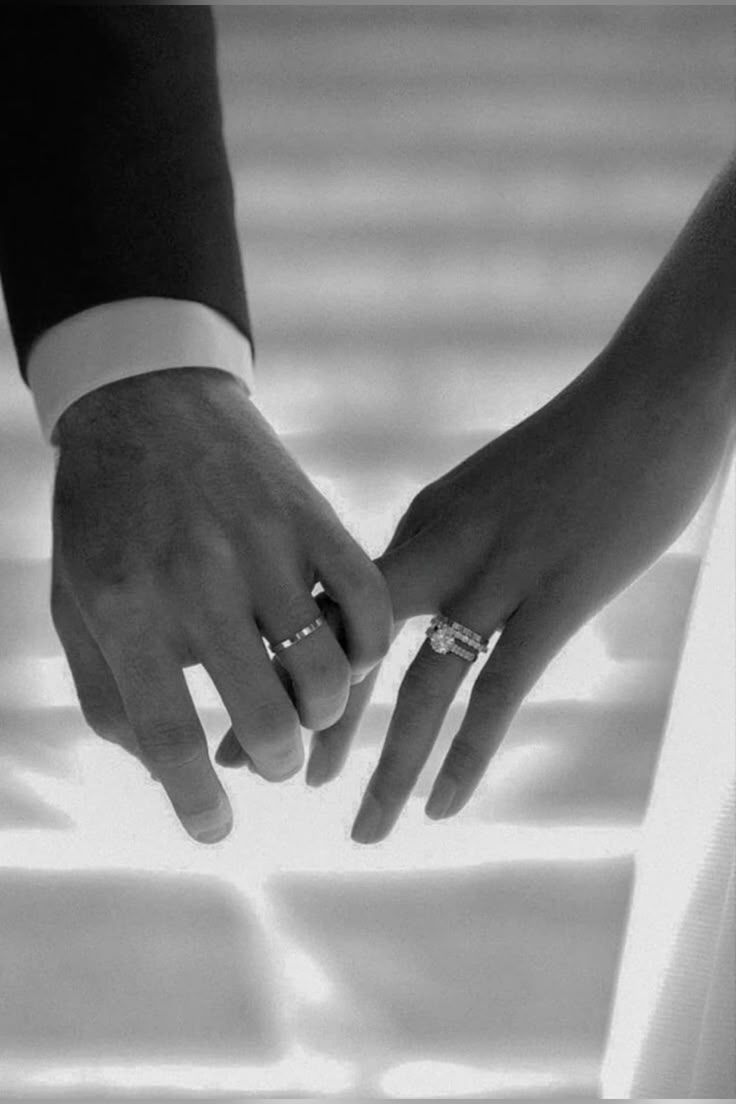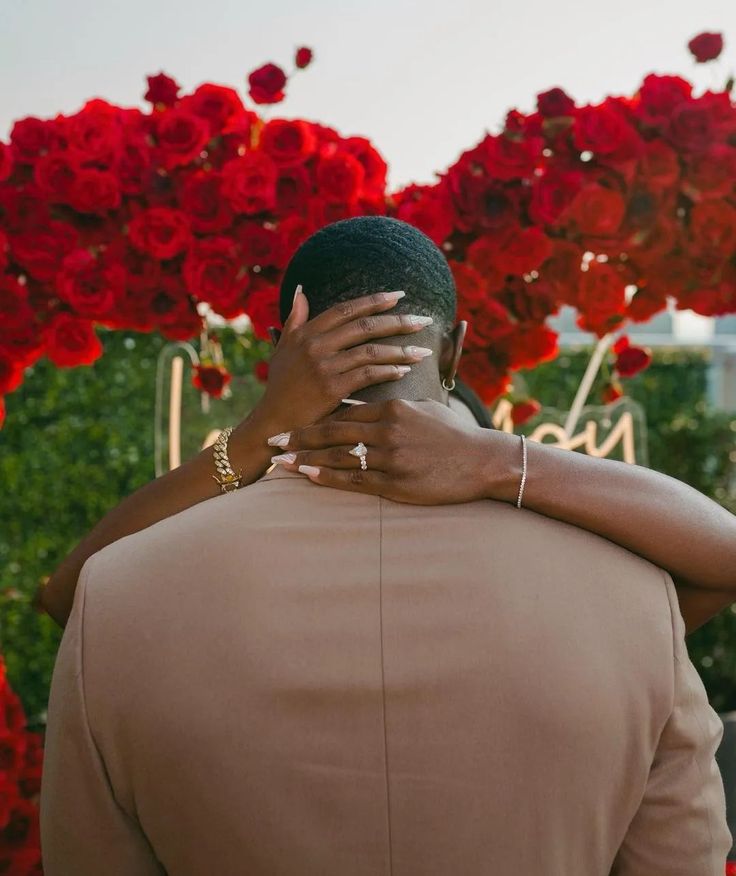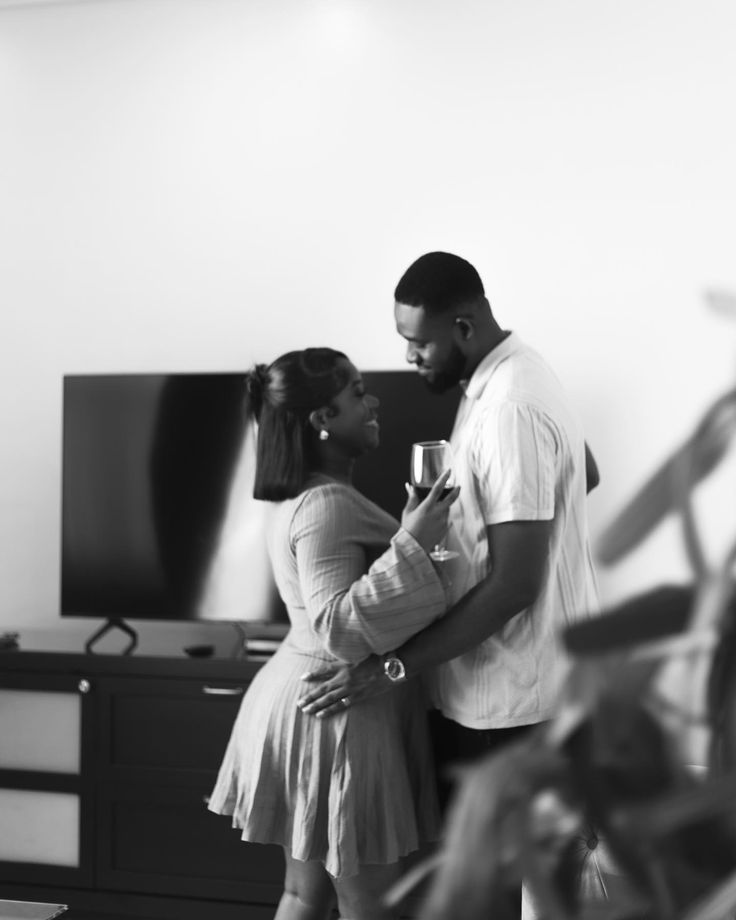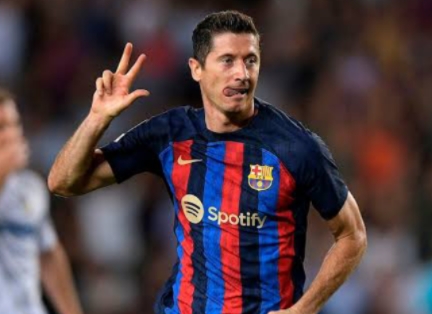SOCIAL INSIGHT: IS MARRIAGE STILL RELEVANT IN THE 21ST CENTURY?

Once upon a time, marriage was the destination: the finish line of love, the marker of adulthood, and the social approval stamp for starting a family. Today, in an age of cohabitation, career ambition, economic unpredictability, and self-defined identity, more people are beginning to ask: is marriage still relevant?
THE EVOLUTION OF MARRIAGE

Image credit: pinterest
Marriage, historically, wasn’t always about love. It was a transaction. A means to secure wealth, align tribes, or produce heirs. Women were often currency exchanged in this deal, their value determined by their virginity, obedience, or family name.
Even with the romanticization of marriage in the later centuries, many systems still treated it as a social construct rooted in patriarchy. A woman left her father’s house only to enter her husband’s domain—her existence is tied to someone else’s name.
In the 21st century, the script has changed.
A GENERATION QUESTIONING THE BLUE PRINT
In cities across the world, young adults are delaying marriage or bypassing it entirely. They are choosing to live together without rings or paperwork, raise children as co-parents or solo parents, prioritize career and self-growth before romantic commitments, question whether one partner for life is natural or unnecessary.
why?
Because the promise of marriage: security, longevity, partnership—doesn’t always deliver. The rising divorce rates, stories of marital abuse, emotional neglect, and financial burden have made many wonder if it is worth the risk.
And as for many women, especially, marriage no longer represents safety—it can represent sacrifice. Of dreams. Of identity. Of freedom.
MARRIAGE AND CULTURAL WEIGHT

image credit: pinterest
In places like Nigeria and across much of Africa, marriage is still deeply woven into the cultural fabric, To many elders, a person is not “settled” until they are married. For women, the pressure is particularly intense—tied to their worth, respectability, and sometimes even access to community participation.
This creates an emotional contradiction: wanting to be fulfilled as an individual, but fearing shame or judgement for not wearing a ring.
IS MARRIAGE OBSOLETE, OR JUST EVOLVING?
Social Insight
Navigate the Rhythms of African Communities
Bold Conversations. Real Impact. True Narratives.
The Truth is: Marriage isn’t disappearing—it is transforming. People still crave companionship. But now, they also want: emotional stability, financial stability, shared values, mutual respect.
Legal marriage may not be the only route to those things anymore. Commitment can take new shapes: long term partnerships, chosen families, co-living communities, or intentional singlehood.
We are moving from obligation to intention. From doing It because we should to doing it because truly want to.
while endlessly scrolling through Tiktok, I came across a video of a newly wedded couple. They arrangement and execution of this wedding was against the normal cultural standard and requirements: They had only 35 guests, which were made up of close and immediate family members and friends, it wasn’t done in any religious setting but in a garden with just chairs and flowers decorating the scene, the bride didn’t do much make up—she came out in her natural essence, the little make up she added were like the regular ones she would do if she was to go to a super market.
The wedding dress wasn’t formal. Just a normal dress that expressed a sense of compassion for one’s relationship. She and her husband, dressed in a seemingly casual wear, were bounded together in holy matrimony. Those exuberant wedding highlights, cakes, songs—they didn’t have any of that—the people she invited all received a hand written letters, each with their own story from her. And when the wedding almost came to an end. They all gathered at a table as one big family and shared a meal.
No one noticed. No one queried why they didn’t get a cake, or a dj, or even why they didn’t by a diamond glistening wedding dress. Because to them all that matters was the binding. The bound they had. Everything screamed of intentionality. That they weren’t coerced by time, families, or a sense of responsibility to get into it.
WHY SOME STILL CHOOSE IT
Despite all these shifts, millions still believe in marriage. And not because they are trapped in tradition. But because, for some, it’s a sacred covenant. A spiritual alignment. A legal protection for shared assets or children. A public declaration of love.
To make it more accessible in thoughts:
1. Emotional Security:
Many still see marriage as a symbol of deep emotional commitment. It offers ritual, recognition, and social legitimacy—especially in cultures where relationships outside marriage are frowned upon.
2. Legal and Financial Benefits:
From shared property to spousal visas, tax breaks to pension rights—marriage offers tangible advantages in many countries. For some, it is less about love and more about the practicalities of life.
3. Religious and Cultural Expectations:
In many societies, marriage is still deeply tied to faith, honour, and family pride, To not marry is to be seen deviant or unsuccessful.
4. A Desire for Stability in an Unstable World:
Social Insight
Navigate the Rhythms of African Communities
Bold Conversations. Real Impact. True Narratives.
Amid digital chaos, gig economies, and political flux, marriage can feel like an anchor—a stable point of connection and predictability.
Marriage can be beautiful if it’s chosen, not coerced. If both parties grow together, rather than imprison each other in outdated roles.
THE RISING ALTERNATIVES
But if marriage offers so much, why are some people walking away from it?
1. Cohabitation Without marriage:
Many couples today live together, raise children, and build lives without the legal binding of marriage. For them, live and commitment don’t require a contract
2. Intentional Singlehood:
For a growing number, being single is not a failure. It is a deliberate lifestyle. Freedom, autonomy, and self-focus are priorities over traditional roles.
3. Polyamory and Open Relationships:
The rise in non-monogamous structures reflects a deep interrogation of the ownership model of love. For some, marriage’s one-partner-for-life principle no longer fits
4. Career Priorities and Delayed Milestones:
In a generation battling student debt, housing cries, and career instability, marriage often takes a back seat. The question isn’t “do I want to marry?” but “can I afford to?”
5. High Divorce Rates and Broken Models:
Many have seen marriage fail around them, through bitter divorces, lovely unions, or abusive partnerships. The result? A deep skepticism of the institution.
IS MARRIAGE STILL SERVING US?
Social Insight
Navigate the Rhythms of African Communities
Bold Conversations. Real Impact. True Narratives.
The modern individual is not the same person marriage was designed for: women are no longer economically dependent on men, LGBTQ+ people are carving out new relationship paradigms, the rise of therapy and personal development promotes self-sufficiency over co-dependence.
In this context, some argue that marriage is outdated—a dusty relic trying to adapt to a progressive world.
The structure hasn’t changed much, but the society has.
WHEN MARRIAGE STILL MATTERS
Marriage still holds meaning for many, particularly in ways that are less visible:
For immigrants, it can be a ticket to citizenship and security.
For interfaith couples, it can offer a path to legitimacy.
For the elderly, it can bring emotional companionship and shared care.
And let’s not forget: some people simply want to get married. To stand before their loved ones and declare, “I do.’ To build something legally, emotionally, and spiritual binding.
wanting marriage doesn’t make you old fashioned, but wanting to challenge the marriage also doesn’t make you broken.
CONCLUSION
So, is marriage still relevant?
yes, but not in the same way it used to be.
Its relevance now lies in its redefinition. In being honest about why we enter it. In allowing room for alternatives. And in remembering that commitment isn’t made official by ceremonies, rings, or Instagram captions—but by consistent love, commitment, and respect.
Whether you’re married, single, divorced, or in-between, the real question is: Are you living your truth or someone’s tradition?
Social Insight
Navigate the Rhythms of African Communities
Bold Conversations. Real Impact. True Narratives.
You may also like...
When Sacred Calendars Align: What a Rare Religious Overlap Can Teach Us

As Lent, Ramadan, and the Lunar calendar converge in February 2026, this short piece explores religious tolerance, commu...
Arsenal Under Fire: Arteta Defiantly Rejects 'Bottlers' Label Amid Title Race Nerves!

Mikel Arteta vehemently denies accusations of Arsenal being "bottlers" following a stumble against Wolves, which handed ...
Sensational Transfer Buzz: Casemiro Linked with Messi or Ronaldo Reunion Post-Man Utd Exit!

The latest transfer window sees major shifts as Manchester United's Casemiro draws interest from Inter Miami and Al Nass...
WBD Deal Heats Up: Netflix Co-CEO Fights for Takeover Amid DOJ Approval Claims!

Netflix co-CEO Ted Sarandos is vigorously advocating for the company's $83 billion acquisition of Warner Bros. Discovery...
KPop Demon Hunters' Stars and Songwriters Celebrate Lunar New Year Success!

Brooks Brothers and Gold House celebrated Lunar New Year with a celebrity-filled dinner in Beverly Hills, featuring rema...
Life-Saving Breakthrough: New US-Backed HIV Injection to Reach Thousands in Zimbabwe

The United States is backing a new twice-yearly HIV prevention injection, lenacapavir (LEN), for 271,000 people in Zimba...
OpenAI's Moral Crossroads: Nearly Tipped Off Police About School Shooter Threat Months Ago
ChatGPT-maker OpenAI disclosed it had identified Jesse Van Rootselaar's account for violent activities last year, prior ...
MTN Nigeria's Market Soars: Stock Hits Record High Post $6.2B Deal

MTN Nigeria's shares surged to a record high following MTN Group's $6.2 billion acquisition of IHS Towers. This strategi...


:max_bytes(150000):strip_icc()/Health-GettyImages-TeasForSleep-GreenTea-81370706a1f74a7995399f131213bda3.jpg)
